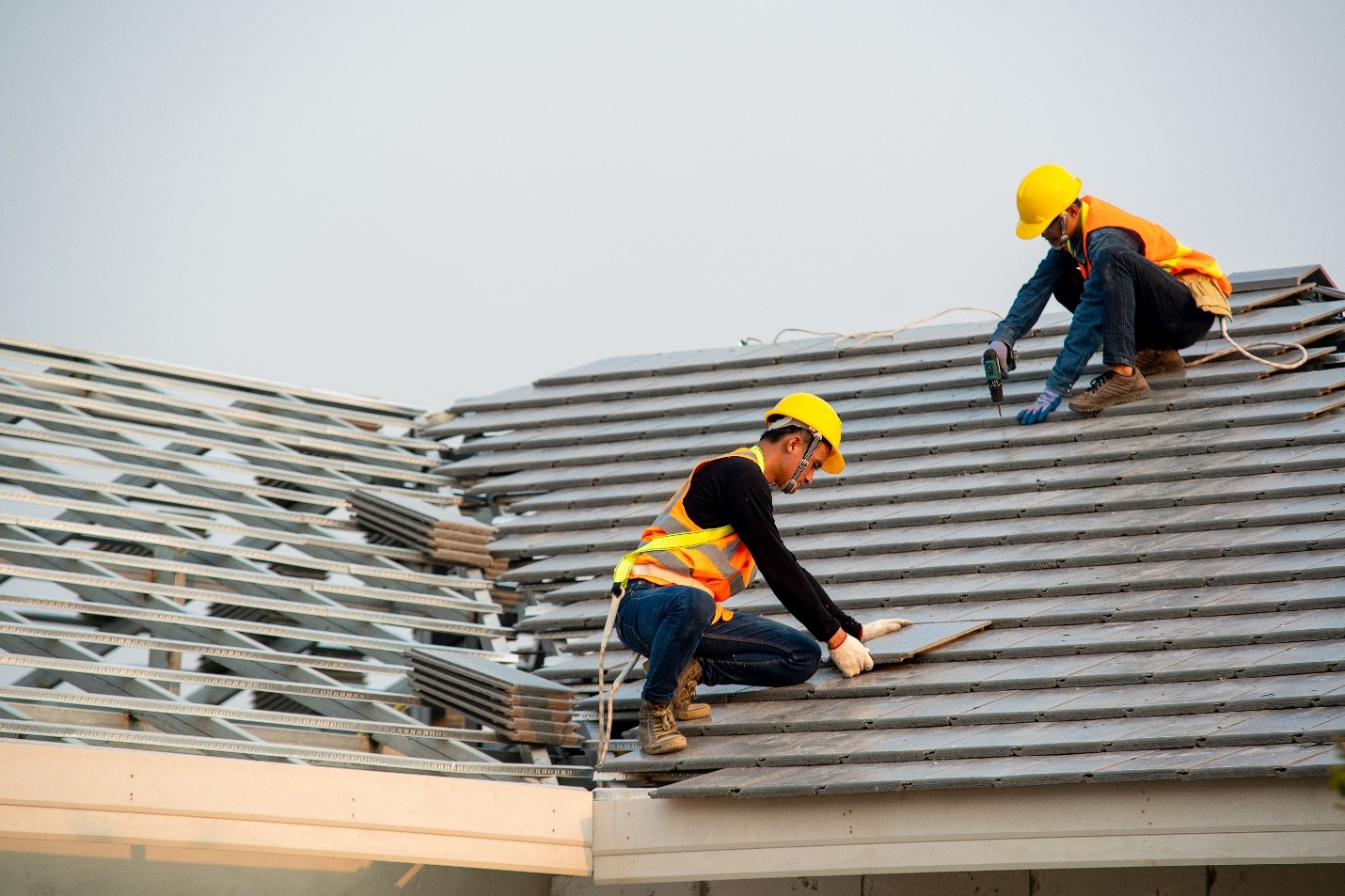When it comes to protecting your roofing business, there are 3 essential things that make or break a plan: the time it takes, the cost, and most importantly, the efficacy. But now you ask – as a businessowner, how do we strategize that all the risk areas in doing a roofing business are covered?
Let us help you with some insights that have helped many roofers prepare even before things get in disorder:
Know Who You Work With
- Are You Working with Independent Contractors?
Working with 1099s has its own pros and cons but there’s one important thing not to miss before the start of any project. Are they insured? Have you obtained their Certificates of Insurance and verified the authenticity of its coverage? Many small businesses may not consider hiring insured sub-contractors but upon knowing that the risks may be shouldered by them will definitely change the way they practice. Did you know that your business could be held liable for uninsured subcontractors’ liability claims? Here’s a concrete example:
While doing some roof repair, your uninsured subcontractor accidentally dropped a heavy tool and caused damage to your client’s property. Your client then claims for property damages, but your subcontractor does not have a liability insurance. As a result, it’s either your roofing company will settle the damages, or the liability claim will be logged under your roofing company which will result to higher premiums in the coming years.
Another fact about hiring subcontractors without workers compensation insurance is that they will be audited as part of your company employees once found out by your workers compensation provider at the end of the year. An increase in Gross Salary from the moment you obtained your workers compensation policy will incur additional premium at the year-end. Make sure your 1099s have their own workers’ compensation insurance.
- Do You Perform Torch Down Roofing?
This may not be explicitly discussed by most carriers but making sure that your policy is carrying the appropriate coverage for torch down roofing is very essential. When claims are being investigated, any traces found to be related with torch down operations could lead to an upfront denial if not disclosed with your agent upon obtaining a policy. This is a critical part and should be included in coverage.
- Check for Admittance
In getting the right commercial policy, there’s a choice to either work in an admitted or non-admitted provider. Truth is, since roofing is a risky business, there might not be a lot of options. Look at companies like Standard & Poor’s or AM Best to find the best ratings, at least an A or B.
Companies that have lower ratings are generally because they do not have a good standing financially, which means there’s always the risk of not being able to pay claims, and that’s not what we want for the business.
Admitted companies are those that have been approved by the state that you live in. Choose a provider that is admitted as this means laws related to insurance are being strictly followed. In the event that an admitted company goes bankrupt, which has a lower likelihood, your roofers insurance plan will be protected through and with other admitted companies.
A non-admitted company will almost leave you with nothing if they declare bankruptcy.
- Work with an ISO
You want an ISO policy that will provide you with fairness in all your transactions. These types of policies are spelled out in clearer language and are designed to help you as well as your clients. You may also notice manuscript policies, but these should be avoided as they leave all the power to the insurance company and can be extremely dangerous for you if you do need to make a claim
- What is the Required Liability Limit?
Policies that are at least $1 million for a single claim and $2 million per period limit are generally all that is required. Smaller policies may seem highly affordable and a better bargain, but they can be a problem if you have to file a claim.
Anything larger than this amount is generally not needed for your liability limit unless required by a large project or client. Large commercial projects will require for an umbrella insurance which will bump up your current liability limits and other active commercial policies. This is a normal case since the bigger the project the larger its risks.
Once you have gone through the process of getting your roofing contractors insurance you will be ready to start working with your customers in an entirely new way. It’s all about making sure that everyone is protected when it comes to the work you do and how you do it.

